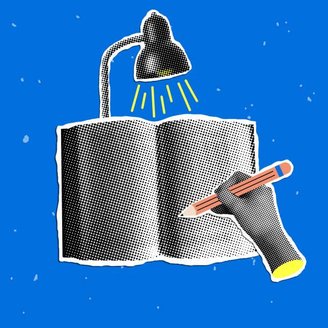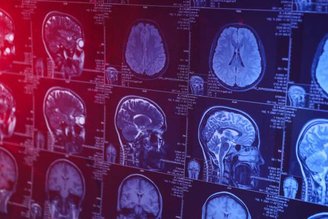Preface – Memory is organized in mysterious ways. All information entering our sensory pathways has the capacity to activate minimally recognized patterns of neural networks in our brain.
For some, memory is linked to our ability to reactivate the same networks, known as engrams, on different days, based on external stimuli or through intentional associations, such as when you want to remember the number or name of the pizza place.
However How exactly do our brains differentiate and divide daily events?Without remembering facts as a continuum without differentiation? Researchers at Columbia University may have made an interesting discovery.
Part 1 – Research
Researchers at Columbia University wondered how the brain stores information and, in a sense, differentiates it across time and space.
The team’s hypotheses suggested that, in the first scenario, our brain performs this information dump whenever there is a change in the environment. In other words, every time you change your environment, your brain will open a new tab and create a new memory..

The second line of research was based on the premise that memories are stored and organized according to significant events. Thus, regardless of the environment, whenever an event was important or caught the person’s attention, it started a new period in his brain.
Part 2 – Experiment
To test their theory, the researchers developed 16 audio narratives set in four different locations: an airport, a grocery store, a restaurant, and a classroom.
The audios were three to four minutes long and told stories about the end of a relationship, a marriage proposal, negotiating a business contract, and a passionate encounter. Researchers find that the brain compartmentalizes events.

Research participants were administered video exams while listening to audio and being asked questions about events in the narratives. While listening to sounds, the brain appears to continually activate neural networks, which form “sections” that cause information to be classified in memory.
However, the fact that this organization is not linked to the change in the environment, but to the facts told, shows that the engrams were created according to the importance of the event and stored in sections.
Chapter 3 – Chapters of our lives
Thanks to this finding, another small part of our brain can be revealed and clues can be given about how our memory organizes information to be accessed later. Our minds are constantly active when creating compartments, organizing and categorizing what is meaningful to us..
Thus, when you go on a long journey, only the most interesting or striking facts will be recorded in your memory, the rest, less important, may never be available again. Thanks to this skill, we can organize, summarize and differentiate events.
However, another important piece of information was observed: The ability to capture memories is not immutable. Participants were asked to retain information such as location, what you ordered for lunch, shopping items in the cart, among other information that was outside the main narrative.
Parts of the brain have changed, including the narrative and organization of days, details that previously might have been overlooked, or even overlooked at first. Therefore, our memories are malleable and can only contain what is meaningful to us or what is required of us..
Chapter 4 – The end?
The memory parts of our brain help us organize, categorize, and indicate what events occurred that day, allowing us to distinguish when events occurred.
But how permanent is this divide? This question will take some time to answer, but is currently under review by the team.

The next step is to know what the quality of this memory will be. It can be kept for the short, medium or long term, depending not only on its importance to each individual but on many other factors.rather, it depends on the quality of the synapses that control this storage.
However, it is interesting to think that if you constantly listen to music in different centers and places, our brain creates a daily, soundtracked mini-series for us. Which soap opera did you experience today?
Always stay up to date with the latest scientific research at TecMundo. If you wish, take the opportunity to learn about ‘jamais vu’, another game your brain can play on you. Until later!
Source: Tec Mundo
I’m Blaine Morgan, an experienced journalist and writer with over 8 years of experience in the tech industry. My expertise lies in writing about technology news and trends, covering everything from cutting-edge gadgets to emerging software developments. I’ve written for several leading publications including Gadget Onus where I am an author.













